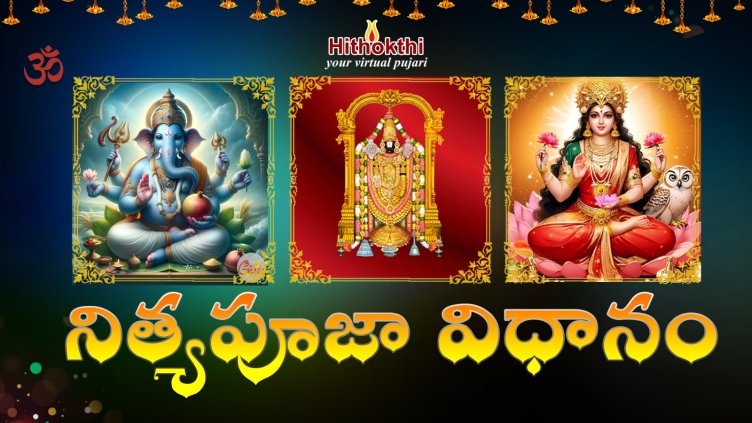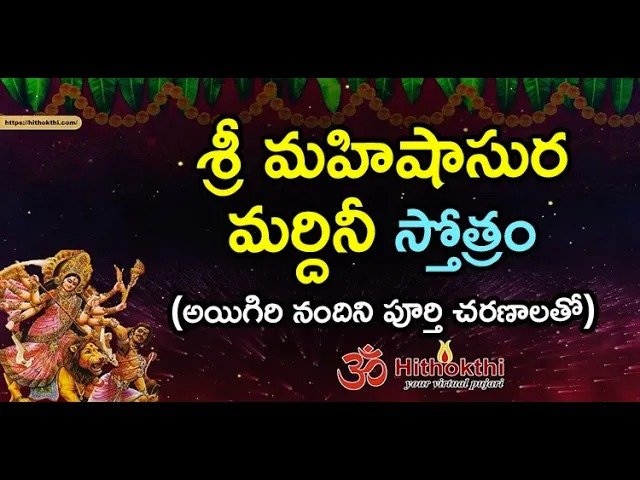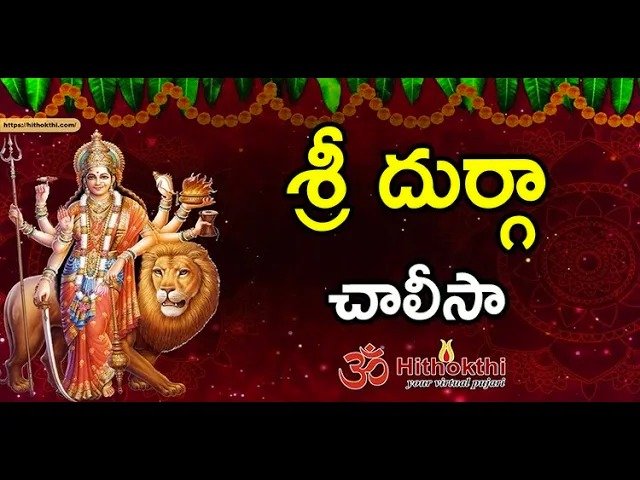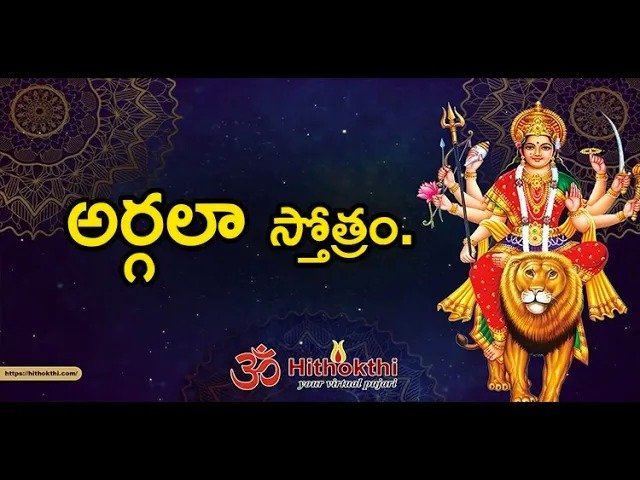What Vivekananda Told the Hindu in 1897
July 11, 2013: In February 1897, a correspondent from The Hindu interviewed Swami Vivekananda during his visit to Madurai. Here are some excerpts from the interview:
What is the true meaning of the statement that the Vedas are beginning-less and eternal? Does it refer to the Vedic utterances or the statements contained in the Vedas? If it refers to the truth involved in such statements, are not the sciences such as Logic , Chemistry, Geometry etc. are equally beginning-less and eternal, for they contain an everlasting truth?
There was a time when the Vedas themselves were considered eternal in the sense in which the divine truths contained therein were changeless and permanent and only revealed to man.
At a subsequent time, it appeared that the utterance of the Vedic hymns with the knowledge of its meaning was important, and it was held that the hymns themselves must have had a divine origin. At a still later period the meaning of the hymns showed that many of them could not be of divine origin, because they inculcated upon mankind performance of various unholy acts such as torturing animals and we can also find many ridiculous stories in the Vedas.
The correct meaning of the statement “The Vedas are beginning-less and eternal” is that the law or truth revealed by them to man is permanent and changeless. Logic, Geometry, Chemistry, etc, reveal also a law or truth which is permanent and changeless and in that sense they are also beginning-less and eternal. But no truth or law is absent from the Vedas and I ask any one of you to point out to me any truth which is not treated of in them
What is the notion of Mukti according to the Advaita philosophy, or in other words, is it a conscious state? Is there any difference between Mukti of the Advaitism and the Buddhistic Nirvana?
There is a consciousness in Mukti which we call super consciousness. It differs from your present consciousness. It is illogical to say that there is no consciousness in Mukti. The consciousness is of three sorts — the dull, mediocre, and intense — as is the case of light. When vibration is intense, the brilliancy is so very powerful as to dazzle the sight itself and in effect is as ineffectual as the dullest of lights. The Buddhistic Nirvana must have the same degree of consciousness whatever the Buddhists may say. Our definition of Mukti is affirmative in its Nature, while the Buddhists Nirvana has a negative definition.
(Reproduced from ‘The Complete Works of Swami Vivekananda- Volume 5)
Source: The Hindu, DT. July 11, 2013.







